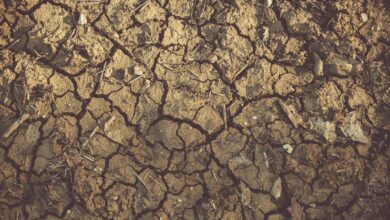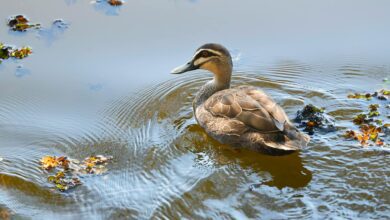Why Bees Are Important for Human Existence?
As an environmentalist, I believe it is crucial to spread awareness about the importance of bees in our ecosystem. Bees are vital to our survival, and their role in pollination cannot be overstated. In this article, I will discuss why bees are so essential, the threats they face, and what we can do to help preserve bee populations.
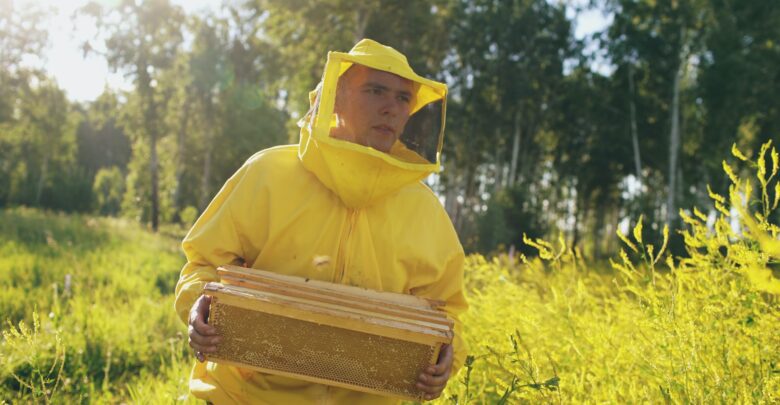
Bees play a crucial role in pollination, which is the process of transferring pollen from the male parts of a flower to the female parts. This is essential for the reproduction of plants, and without pollination, many of the foods we eat would not exist. Bees are responsible for pollinating a significant portion of the world’s crops, including almonds, apples, avocados, blueberries, and many more.
The way bees pollinate is by collecting nectar and pollen from flowers. As they move from flower to flower, they transfer pollen from the male parts of the flower to the female parts, allowing the plant to reproduce. Bees are incredibly efficient pollinators, and their role in pollination is essential for the survival of many plant species.
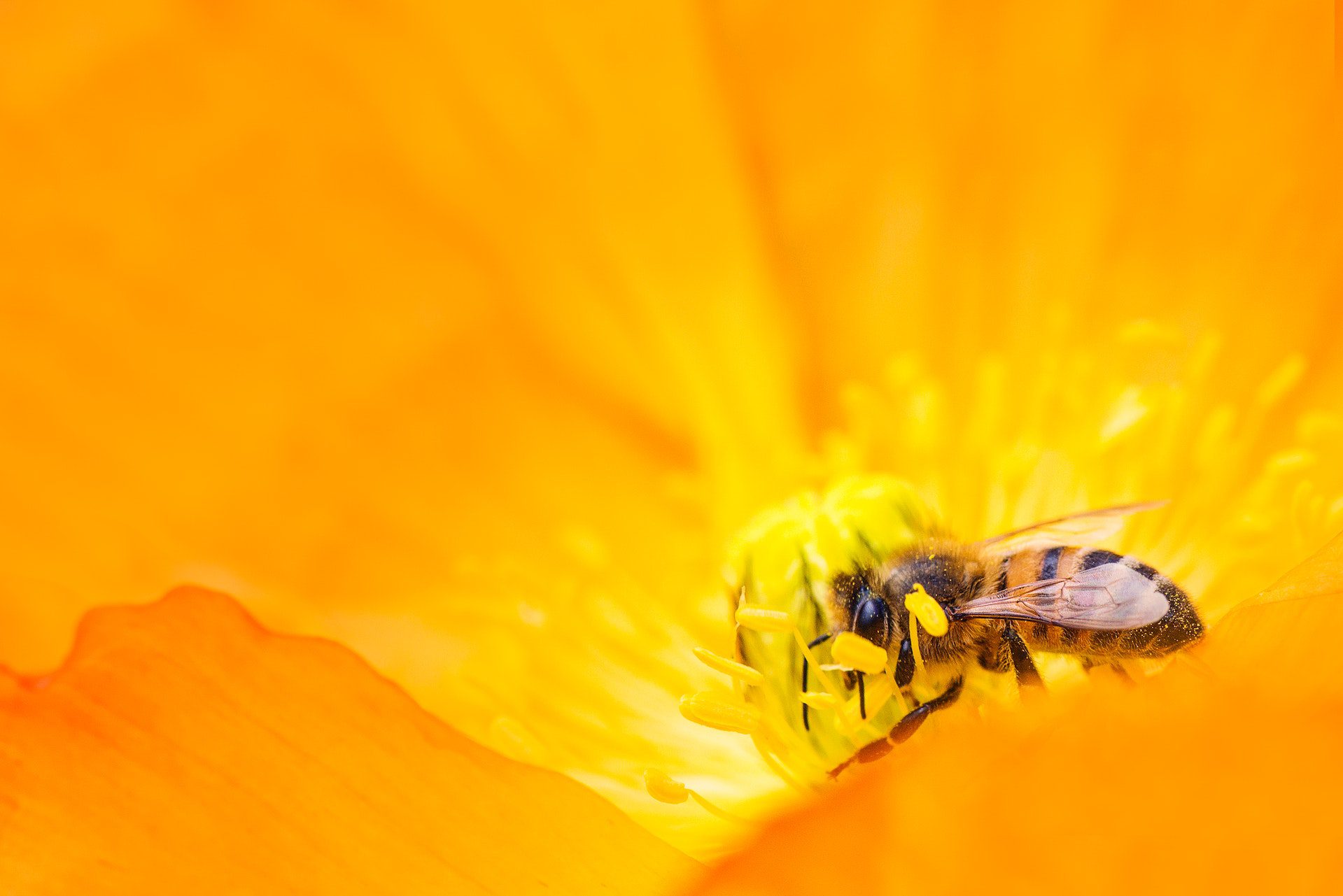
The Impact of Bees on the Environment
Bees are not only essential for pollination, but they also play a significant role in the environment. Bees are responsible for pollinating many wildflowers, which provide habitat and food for other species. Without bees, many ecosystems would be unable to support the diversity of life that they currently do.
In addition to pollination, bees also help to maintain soil quality by pollinating plants that help to prevent erosion. They also help to regulate the water cycle by pollinating plants that help to absorb and store water. Bees are an integral part of many ecosystems, and their impact on the environment cannot be overstated.
Threats to Bee Populations
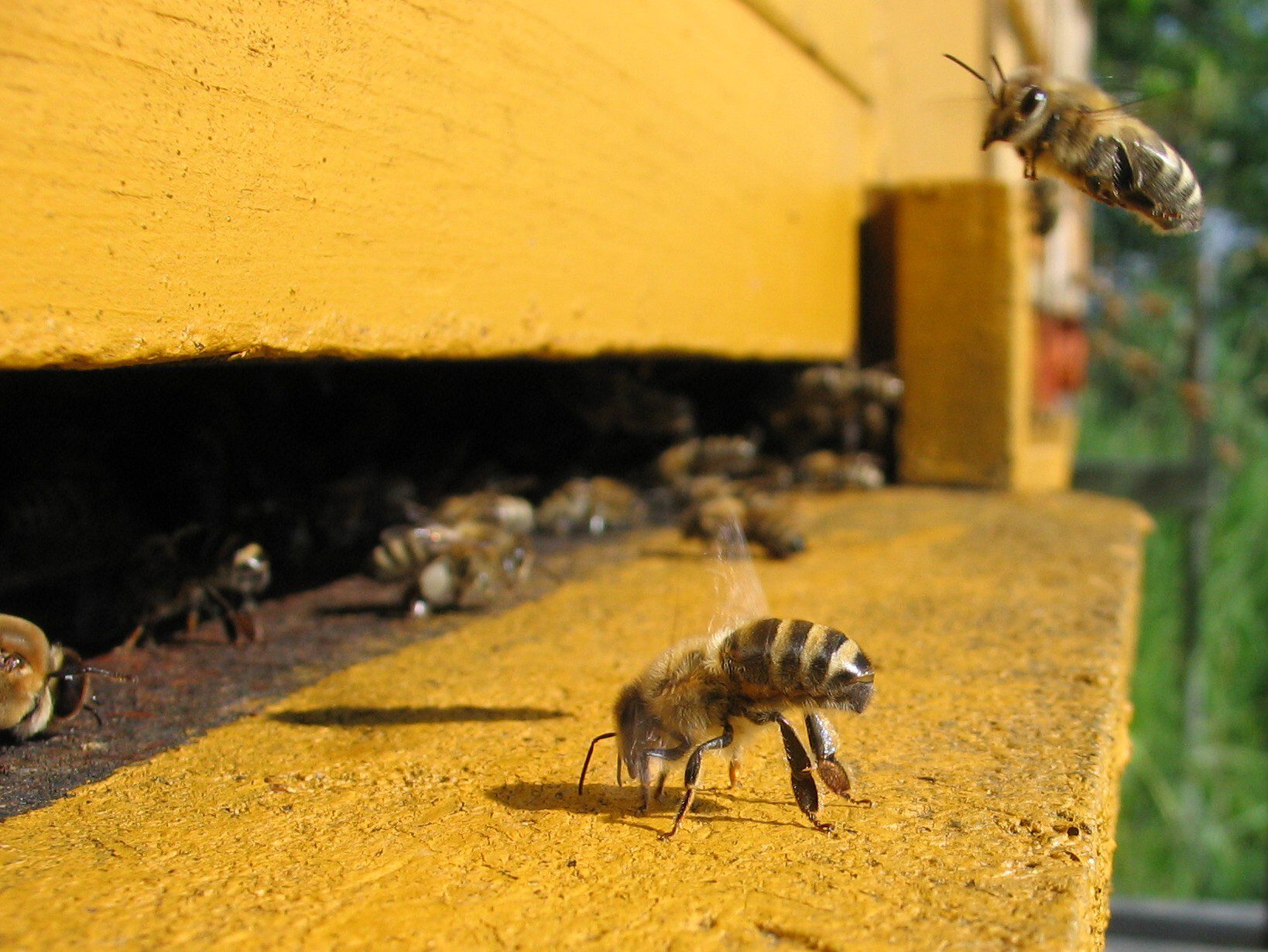
Despite their importance, bee populations are facing significant threats. One of the most significant threats to bee populations is habitat loss. As more land is developed for human use, there is less habitat available for bees and other pollinators. Pesticides and other chemicals are also a significant threat to bee populations. These chemicals can be toxic to bees and can cause significant harm to their populations.
Climate change is another significant threat to bee populations. As temperatures rise, many plant species are blooming earlier in the year, while bee populations are not adjusting their schedules accordingly. This mismatch can lead to a significant decline in pollination and can have a cascading effect on entire ecosystems.
The Economic Importance of Bees
The economic importance of bees cannot be overstated. Bees are responsible for pollinating many of the crops that we rely on for food, fiber, and other essential products. Without bees, many of these crops would be unable to produce the yields that we need to sustain our populations.
In addition to their role in pollination, bees also produce honey, beeswax, and other valuable products. The honey industry alone is worth billions of dollars, and beeswax is used in a wide range of products, from candles to cosmetics.
How to Help Protect Bee Populations
There are many things that we can do to help protect bee populations. One of the most significant things we can do is to plant bee-friendly plants in our gardens. Bees are attracted to plants that produce nectar and pollen, and planting these types of plants can provide bees with the food they need to survive.
Reducing the use of pesticides and other chemicals is also essential for protecting bee populations. These chemicals can be toxic to bees and can cause significant harm to their populations. By reducing the use of these chemicals, we can help to protect bee populations and ensure that they are able to continue to play their crucial role in our ecosystem.
Bee-Friendly Plants to Plant in Your Garden
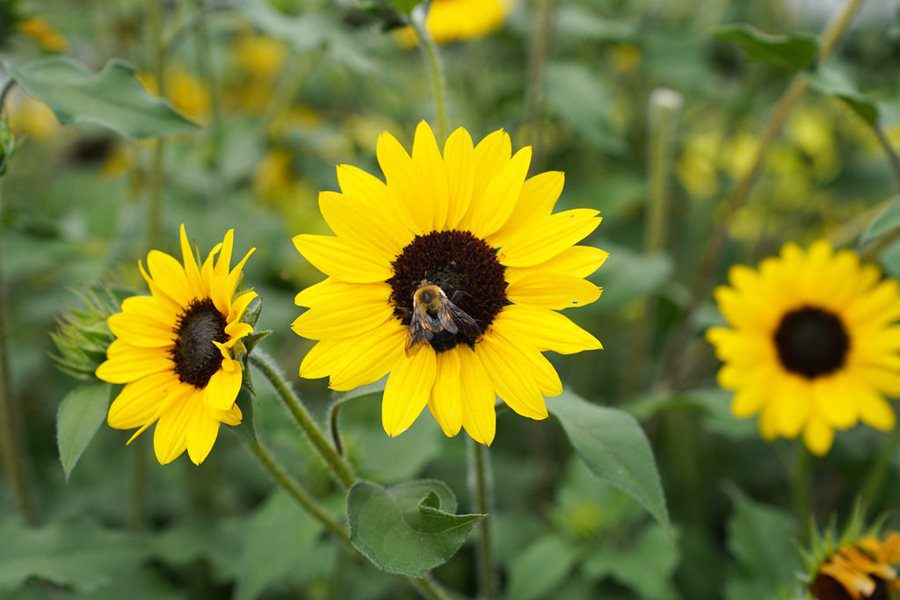
If you want to help protect bee populations, planting bee-friendly plants in your garden is a great place to start. Here are some of the best plants to plant in your garden to attract bees:
- Lavender
- Sunflowers
- Wildflowers
- Sage
- Rosemary
- Bluebells
- Foxgloves
- Echinacea
By planting these types of plants in your garden, you can help to support bee populations and ensure that they have the food they need to survive.
Organic Farming and Its Impact on Bees
Organic farming is another way that we can help to protect bee populations. Organic farming practices reduce the use of pesticides and other chemicals, which can be harmful to bees. By reducing the use of these chemicals, organic farms provide a safer habitat for bees and other pollinators.
Organic farms also tend to have more diverse plant species, which can provide a range of food sources for bees. This diversity can help to support bee populations and ensure that they are able to continue to play their crucial role in our ecosystem.
The Future of Bees and What We Can Do to Help
The future of bees is uncertain, but there are many things that we can do to help. By reducing the use of pesticides and other chemicals, planting bee-friendly plants in our gardens, and supporting organic farming practices, we can help to protect bee populations and ensure that they are able to continue to play their crucial role in our ecosystem.
It is also essential that we continue to research the threats facing bee populations and work to develop new solutions to protect them. By working together, we can help to ensure that bees are able to continue to thrive and provide the critical services that they do.
Conclusion and the Importance of Preserving Bee Populations
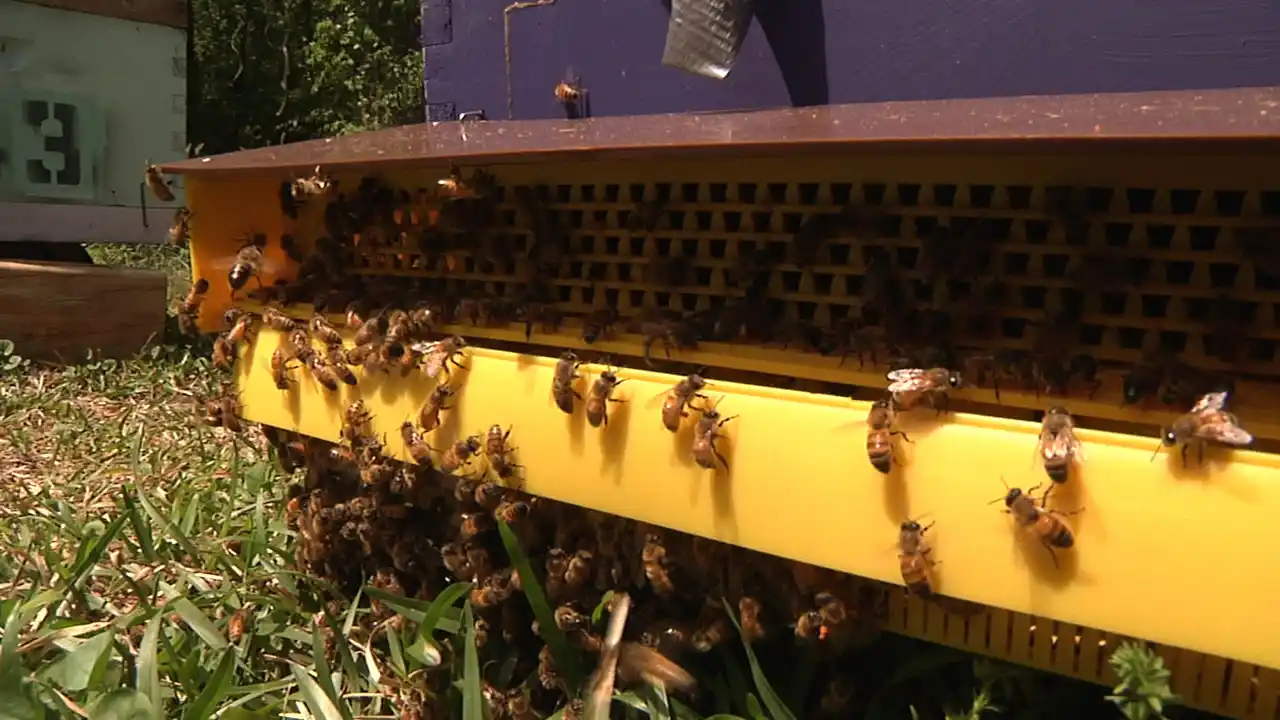
In conclusion, bees are essential to our survival, and their role in pollination cannot be overstated. Bees play a significant role in the environment, and their impact on the ecosystem is essential for the survival of many plant and animal species.
While bees face significant threats, there are many things that we can do to help protect them. By reducing the use of pesticides and other chemicals, planting bee-friendly plants in our gardens, and supporting organic farming practices, we can help to ensure that bees are able to continue to play their crucial role in our ecosystem.
And finally, I urge you to take action to protect bee populations. The future of our ecosystem depends on it.
Why bees are so important FAQs
Can we live without bees? Why bees are important?
While humans can technically survive without bees, their absence would have significant and detrimental effects on our environment and food production systems. Bees play a crucial role in pollinating plants, including many of the crops we rely on for food. Without bees, the reproduction and growth of various plants would be severely compromised, leading to a decline in crop yields and a disruption of ecosystems.
What will happen if bees go extinct?
If bees were to go extinct, it would have devastating consequences for both the environment and human society. The loss of bees would result in a significant decline in pollination, leading to reduced crop yields and potential food shortages. Many fruits, vegetables, and nuts that depend on bee pollination would become scarce, impacting both the availability and variety of our diets. Additionally, the ecosystems that rely on bee pollination would suffer, causing a ripple effect on other animal species and overall biodiversity.
Why is honey important to humans?
Honey holds several important benefits for humans. Firstly, it is a natural sweetener that can be used as an alternative to refined sugar. Honey also possesses antimicrobial properties, making it a popular ingredient in traditional medicine and natural remedies for treating minor wounds and soothing sore throats. Furthermore, honey contains trace amounts of vitamins, minerals, and antioxidants, which can contribute to overall health and well-being when consumed in moderation.
What are 5 interesting facts about bees?
- Bees are incredibly hard workers. A single honeybee can visit up to 2,000 flowers in a day, contributing to the pollination of numerous plants.
- Bees communicate through intricate dances known as the “waggle dance.” This dance conveys information about the direction and distance of nectar sources to other bees in the hive.
- The queen bee has the ability to control the sex of her offspring. By fertilizing an egg, she can determine whether it will develop into a female worker bee or a male drone.
- Bees have an exceptional sense of smell, which enables them to locate flowers and navigate back to their hive from long distances.
- Honeybees are capable of recognizing human faces. Studies have shown that they can remember and differentiate between different human facial features, demonstrating their remarkable cognitive abilities.

